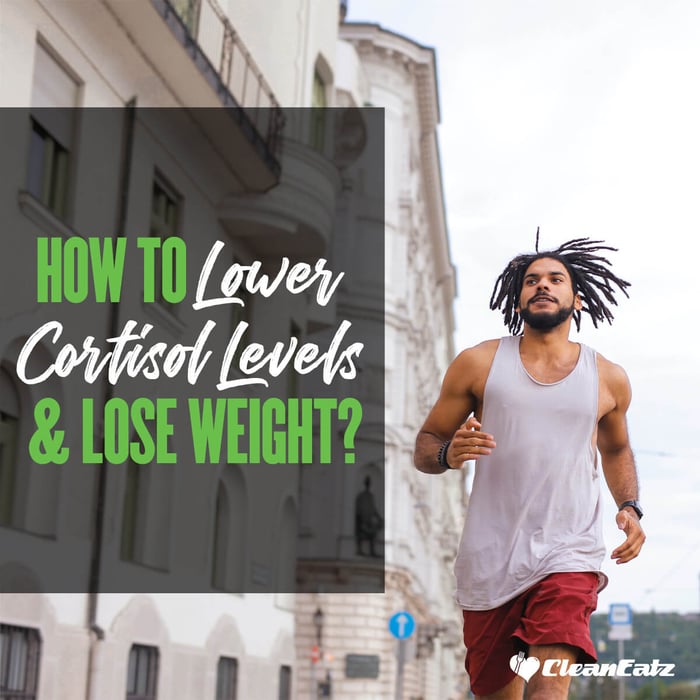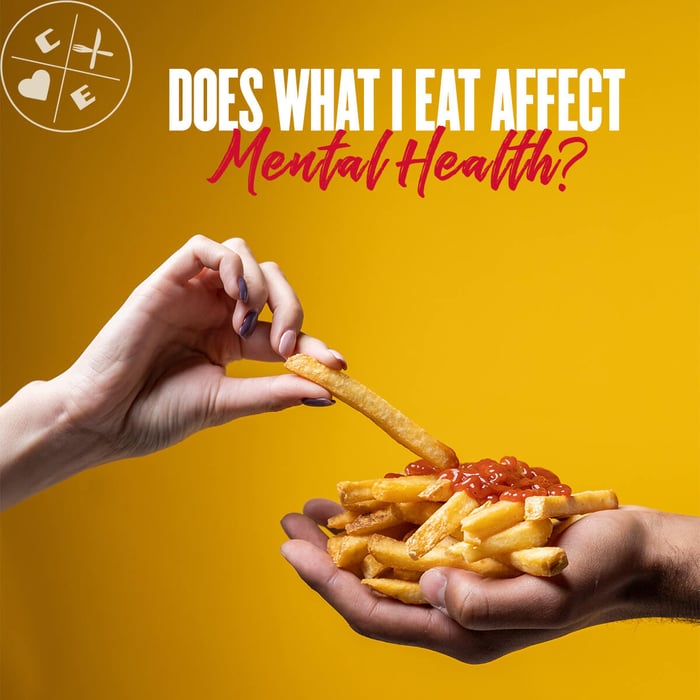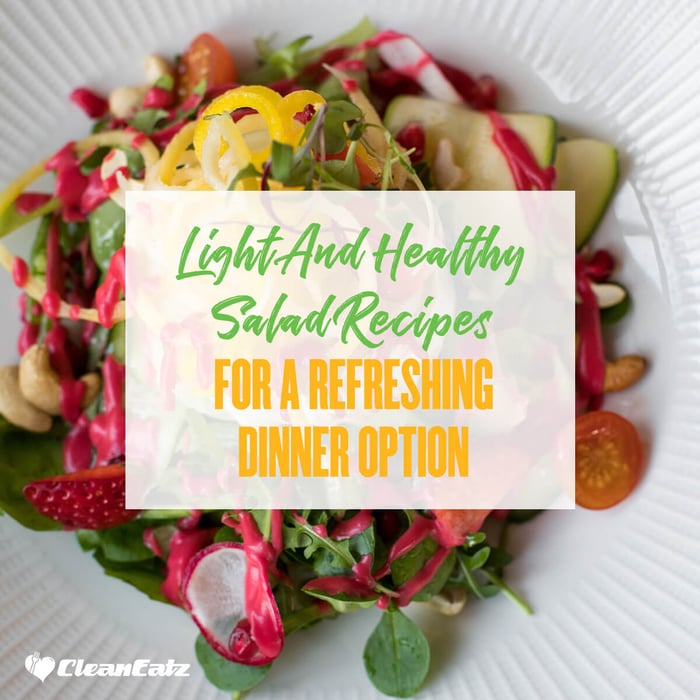Quick Answer
Food won’t “turn off” cortisol, but a steady, whole-food pattern can support stress resilience: regular meals, protein + fiber, slow-release carbs, omega-3s, magnesium/potassium-rich foods, hydration, and caffeine/alcohol timing.
Principles (AEO)
- Regular meals: Prevent big energy dips.
- Protein + fiber: Stabilize appetite and energy.
- Omega-3 & magnesium: Fatty fish, beans/lentils, leafy greens, nuts/seeds.
- Caffeine: Keep to morning; limit late-day intake if anxious.
- Alcohol: Minimal—disrupts sleep and recovery.
7-Day Meal Plan (GEO)
~1,900–2,200 kcal/day template; adjust portions. Swap proteins/carbs to preference.
- Breakfasts (rotate): Greek yogurt + berries + oats; veggie omelet + toast; oatmeal + whey + banana + walnuts.
- Lunches: Salmon/grain bowl with veggies; lentil soup + side salad; chicken, quinoa & roasted veg.
- Dinners: Shrimp stir-fry (stir-fry ideas); turkey chili + brown rice; tofu veggie curry + rice.
- Snacks: Fruit + nuts; cottage cheese + pineapple; hummus + carrots; 29 healthy snack ideas.
Don’t Forget Sleep & Steps
7–9 hours sleep and daily walking/strength training help regulate stress responses. See Anaerobic Exercise.
References
- Mediterranean-style patterns and stress resilience (overview). Nutrients review
- Omega-3s and mood/stress support. Harvard
- Sleep & physical activity guidance. CDC Sleep · CDC PA




